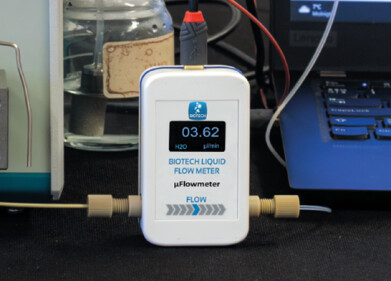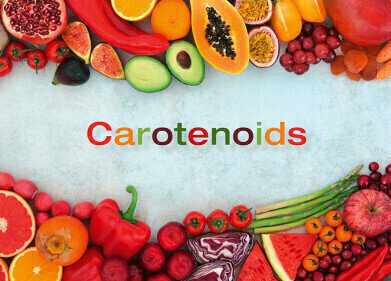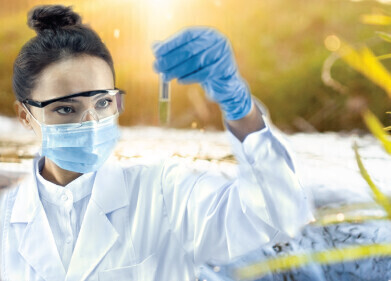HPLC, UHPLC
Can Lemons Protect Your Skin from Sun Damage? - Chromatography Investigates
Sep 25 2020
Sunlight is both beneficial and harmful to health. Sunlight brings both physical benefits and mental benefits. From the simple release of hormones in the brain to the production of vitamin D, sunlight can help lift the mood and keep our bones strong. But sunlight can also damage our skin when we stay out too long in a hot sun without adequate protection. And whilst sunburn can be painful and make for an uncomfortable night’s sleep – it can also cause skin cancer. A condition that can ultimately lead to an early death.
There are many ways to protect ourselves from the harms caused by the sun. But lemons? Well, that is what a team of researchers in China set out to discover – can lemons help to protect skin for sun damage. In an article published online at RSC Advances, the team describe how lemon peel flavonoids can help to protect the skin from the sun’s powerful ultraviolet rays. And chromatography played a key role in the search.
Ultraviolet can be dangerous
The sun emits electromagnetic radiation in a wide range of wavelengths, and luckily for us, this includes wavelengths that allow us to see the world around us and help life thrive on the planet we call home. But the sun is indiscriminate and also sends out radiation in wavelengths that can potentially cause us harm. Ultraviolet light that propagates in the wavelength range 200-400 nm is known as UVC (200-280 nm), UVB (280-320 nm) and UVA (320-400 nm). UVC is blocked by the ozone in the atmosphere and UVB causes tanning, burning and signs of aging. It is the longer wavelength UVA rays that can penetrate deep within the skin and release free radicals. These free radicals can cause DNA damage and changes that can lead to skin cancer.
Lemon peel enhanced protection
In the study carried out in China, researchers studied the effect of lemon peel flavonoids on the skin of mice exposed to UVB rays at 313nm. The mice were split into groups with a control group and two groups having an application of lemon peel flavonoids applied each day. The type of flavonoids in the lemon peel were determined using high performance liquid chromatography. The use of liquid chromatography to analyse food samples is discussed in the article, Selective and Robust UHPLC-MS/MS Assay for the Determination of Acrylamide Levels in Food Samples.
The researchers found that lemon peel flavonoids interfered with the oxidative stress and inflammation in mouse skin caused by UVB, thereby decreasing the skin's oxidative damage and inflammation.
They found that lemon peel flavonoids enhanced some antioxidant enzymes thus playing a biological role in protecting the skin. Future research into the effects on human skin will be needed though.
Digital Edition
Chromatography Today - Buyers' Guide 2022
October 2023
In This Edition Modern & Practical Applications - Accelerating ADC Development with Mass Spectrometry - Implementing High-Resolution Ion Mobility into Peptide Mapping Workflows Chromatogr...
View all digital editions
Events
ACS National Meeting - Fall 2024
Aug 18 2024 Denver, CO, USA
Sep 04 2024 Chiba, Tokyo, Japan
Sep 04 2024 University of Warwick, Coventry, UK
Sep 10 2024 Rockville, MD, USA
Plastics Recycling World Expo Europe
Sep 11 2024 Brussels, Belgium














